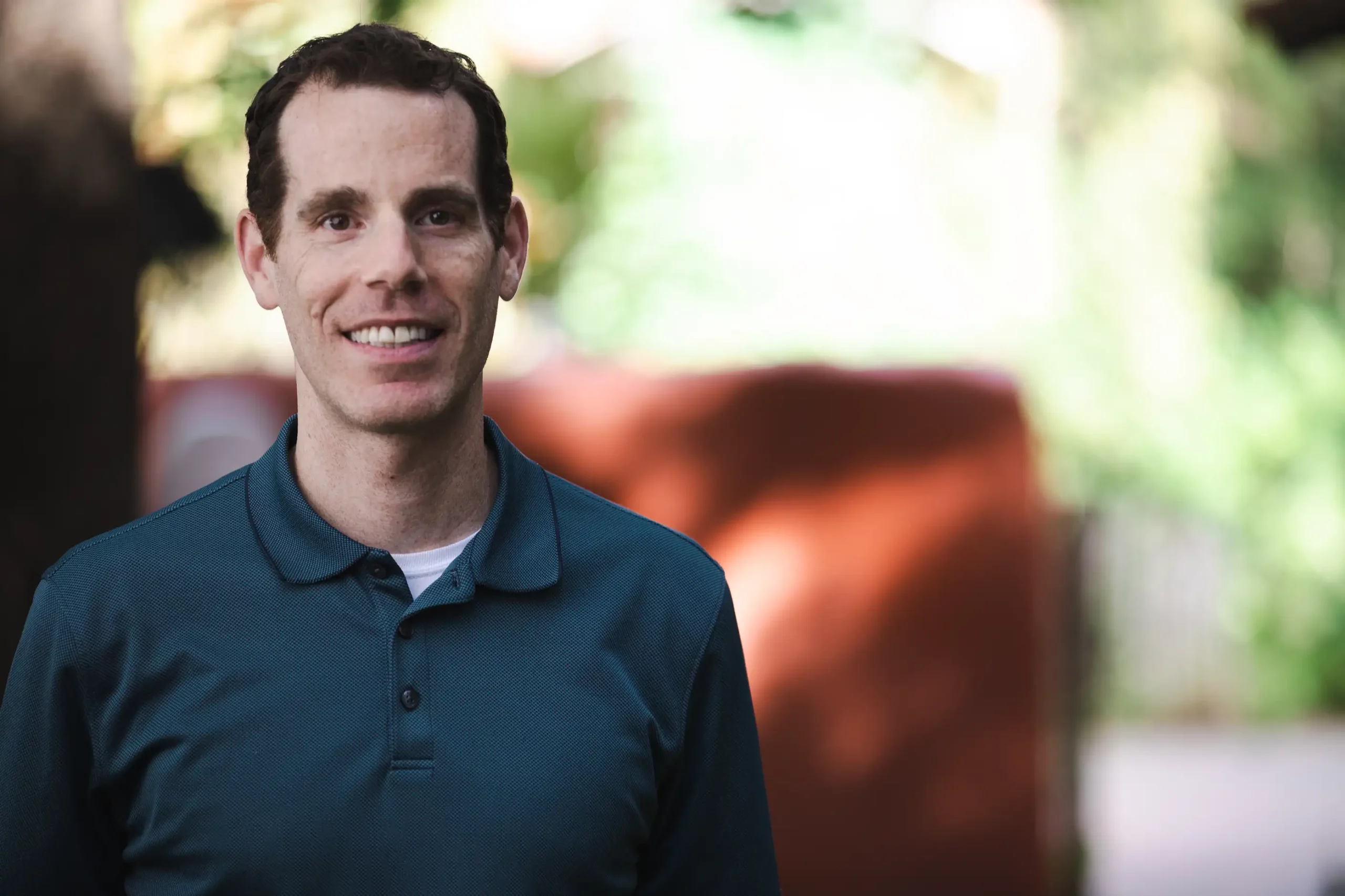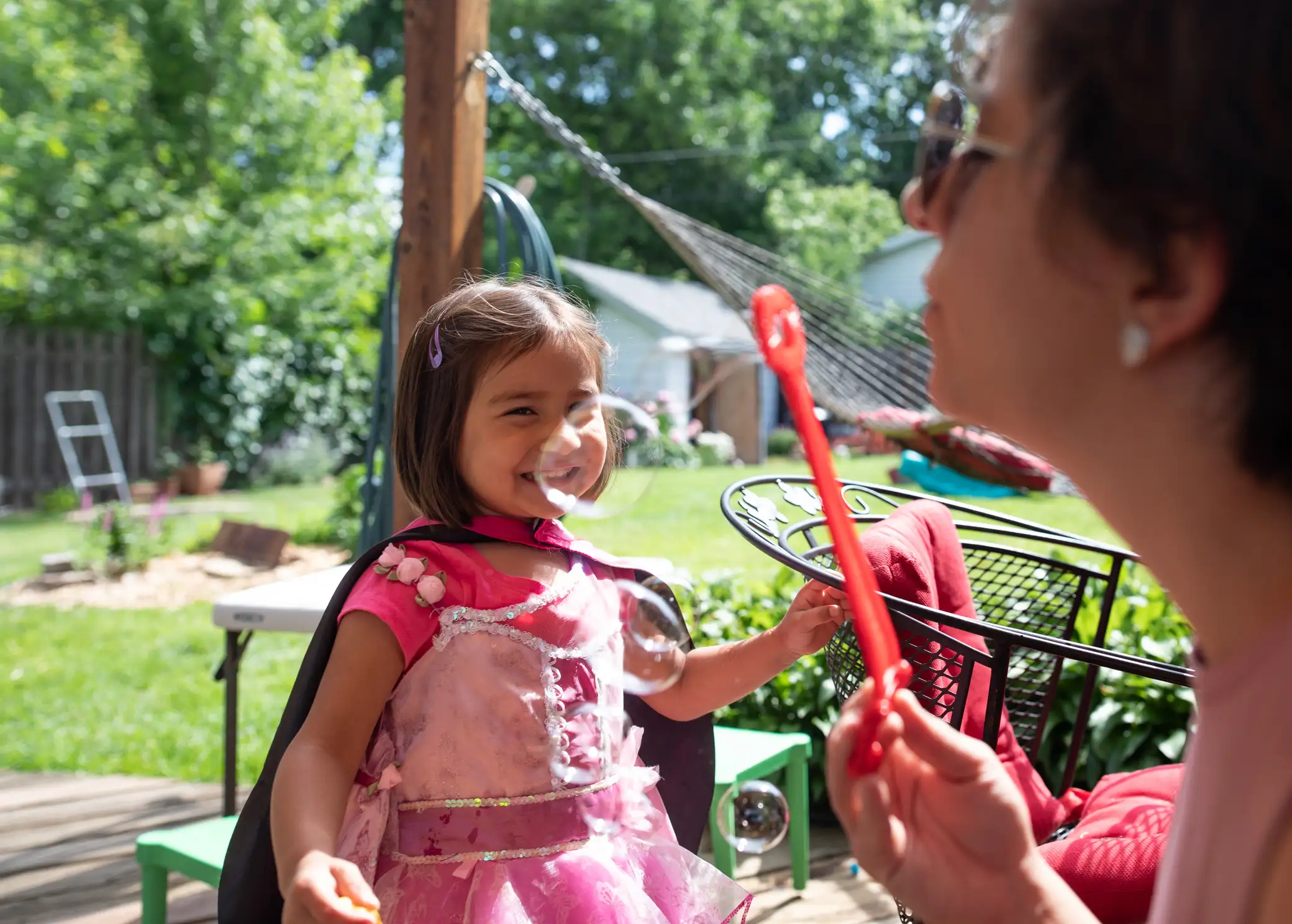When it comes to family of origin (think people who share your genes) or family of choice (think people who borrow your jeans) there are often a few, or more, things you think are better left unsaid. Why? Because speaking authentically can easily lead to hurt feelings and resentment or worse, anger and abandonment. In other words, you have conditioned yourself to be able to identify what could set other people off and then keep that to yourself.
Fear of being heard
So what? Is that so bad? What’s the harm in keeping your thoughts and feelings to yourself? Actually, it depends. If there is something that is important to you or about you that is being hidden out of fear of someone else’s reaction then that is worth digging deeper into. In fact, suppressing that can stimulate a physiological state of threat which increases inflammation and a host of other changes in your body that over time can significantly impact your health. On the other hand, if you don’t share something because it is of no concern to the other person (what you ate for breakfast), then there is likely no harm. In the latter example there is no fear that is preventing your share and it is that underlying fear that goes hand in hand with suppression and is what we want to heal.
The concept of suppressing what you Say, Think, or Do (STD’s) is what we call creating a state of artificial harmony where you have the illusion of harmony without the actual sense of inner peace that comes with authentic harmony. When you suppress yourself you enter into a physiological state of fear because, as far as your body is concerned, what you are suppressing is dangerous to share. Imagine something you want to SAY that others would not like, something you THINK that others would not approve of, or something you want to DO that others would not enjoy. Knowing that keeping all that to yourself is harmful to your health can hopefully be an impetus to consider other strategies. At the same time, simply forcing yourself to share honestly in a disconnected and painful way to others (aka dropping an honesty bomb) is not health-promoting either. In fact, disconnection with others, especially people you care about, also stimulates a sense of fear and danger that results in the same chronic inflammation and physiological state of threat that is harmful to your health. That is where Nonviolent Communication consciousness comes in handy. It teaches you how to share what is authentic inside of you in a way that the other person receives it as a gift. This type of sharing brings you closer together with others and with your own heart. When you approach authenticity with a focus on connection you support a physiological state of safety that is extremely health-promoting.
Authenticity and compassionate conversations
For example, imagine you don’t hang out with your brother because you don’t enjoy hanging out with his wife. One option is to avoid his family, making excuses when they invite you over, likely stimulating pain for them as they suspect you are avoiding them. You could also drop an honesty bomb, sharing that you just don’t like his wife and don’t want to be around her. However, both of those choices are less than desirable if connection and improved health and well-being is your goal. The good news is there is a third option, using NVC consciousness, which could look like this:
You: Hey brother, I am really scared to share something with you, but I also want to be authentic with you around why I haven’t been spending time together with your family, are you open to hearing it?
Brother: Yes I am, I have been wondering if there was something bothering you about me or my family as we haven’t been getting together much lately
You: Yeah that makes sense. I am finding that there are certain things your wife says that I find really off-putting and upsetting at times. I then get irritated but don’t like how I feel so reactive. How is that to hear?
Brother: What does she do that is so upsetting?
You: Well, we can get into specifics in a minute but I first want you to hear that I really care about you and your family while at the same time I value feeling comfortable. Do you hear that?
Brother: Yes for sure. I sense how much care you are putting into this conversation too.
You: Thanks. And as for specifics, when your wife makes jokes about minorities and democrats I find myself feeling defensive and wanting people to be seen equally.
Brother: She is just joking around.
You: I know she is trying to be playful and funny AND at the same time that type of play doesn’t feel comfortable to me around my need for respect and care for all people. Does that make sense?
Brother: Yeah, I get it.
You: And I am not sure how to share this with her in a way that she won’t take it personally and feel defensive, so I have just been avoiding spending time together. But that is not my preferred solution as I miss hanging out with you and your family.
Brother: Yeah I miss that too.
You: I wonder if we could all talk together and I could make clear that I know she values respect and care for all people and is just trying to be playful, while at the same time I don’t feel comfortable with that type of play. And really make clear that both can be true, I can see that she values respect AND I can not enjoy that type of play.
Brother: Yes, both can be true at the same time
You: Exactly! I feel better just connecting with you about this and feel a huge weight lifting off my chest from suppressing these feelings of discomfort and avoiding you as a result. Now I feel like I can take a deep breath.
Brother: Ha, I am noticing that I am breathing easier too!
You: Wonderful, because I really care about you and your family.
Brother: Yes, I definitely can sense that care and appreciate you sharing this with me.
You: Do you think we can find a time to all sit together and connect?
Brother: For sure, how about this weekend?
You: Great!
Take a moment to notice how you feel in your body right now after sensing a connection like the one in the dialogue above. That feeling, that openness and lightness, that connection is what Life Is Wonderful is all about.





